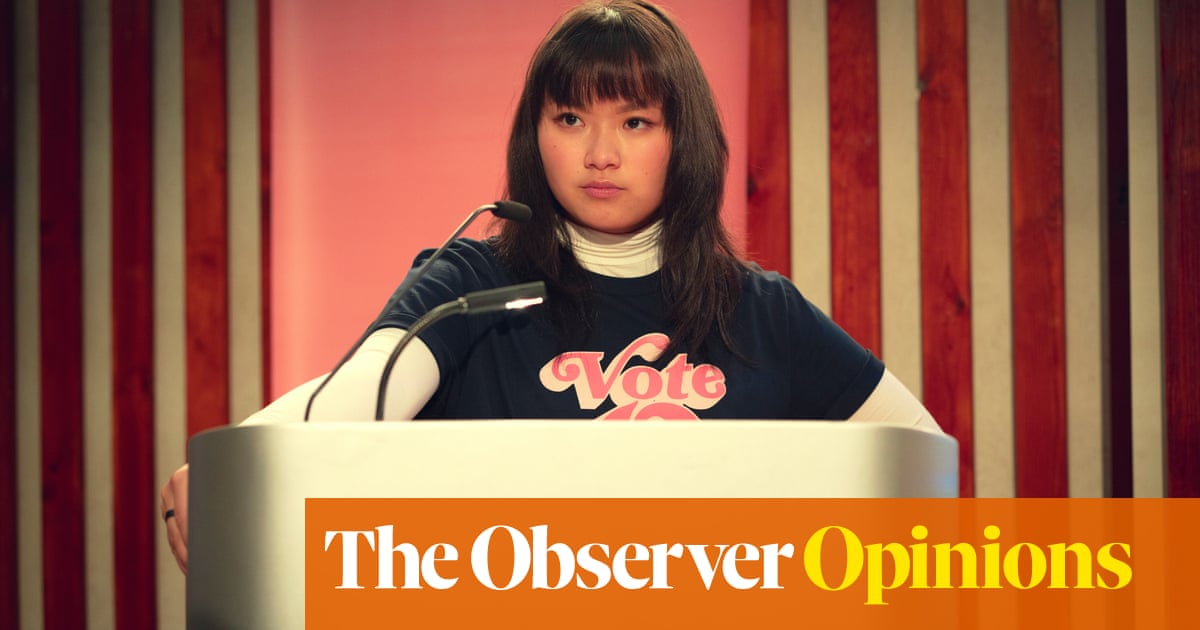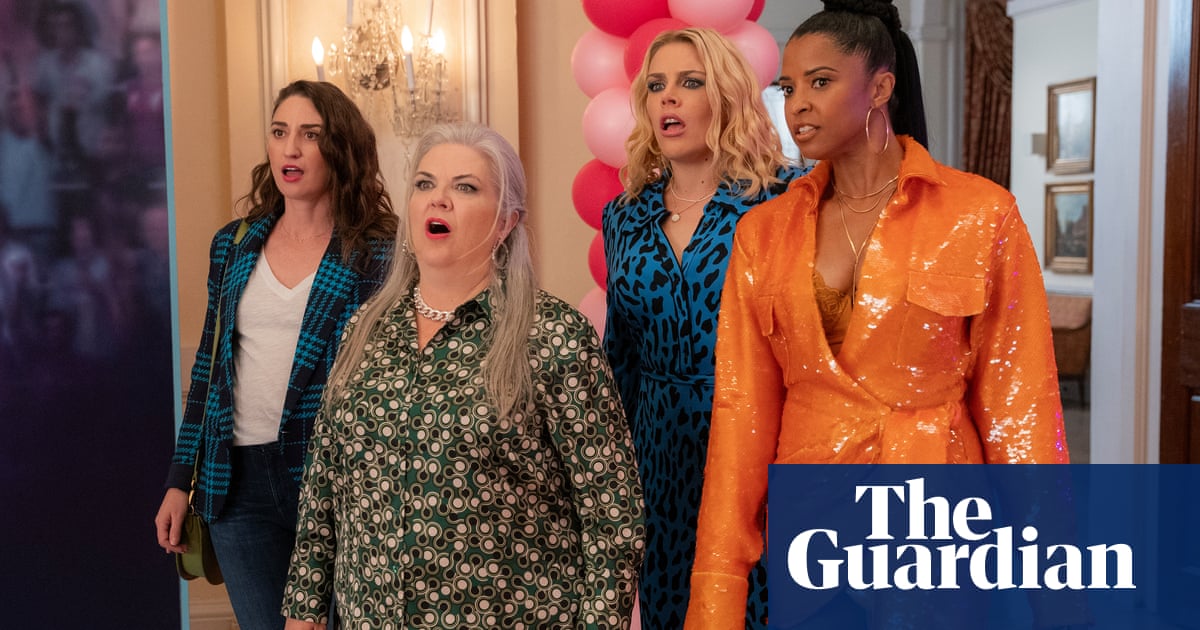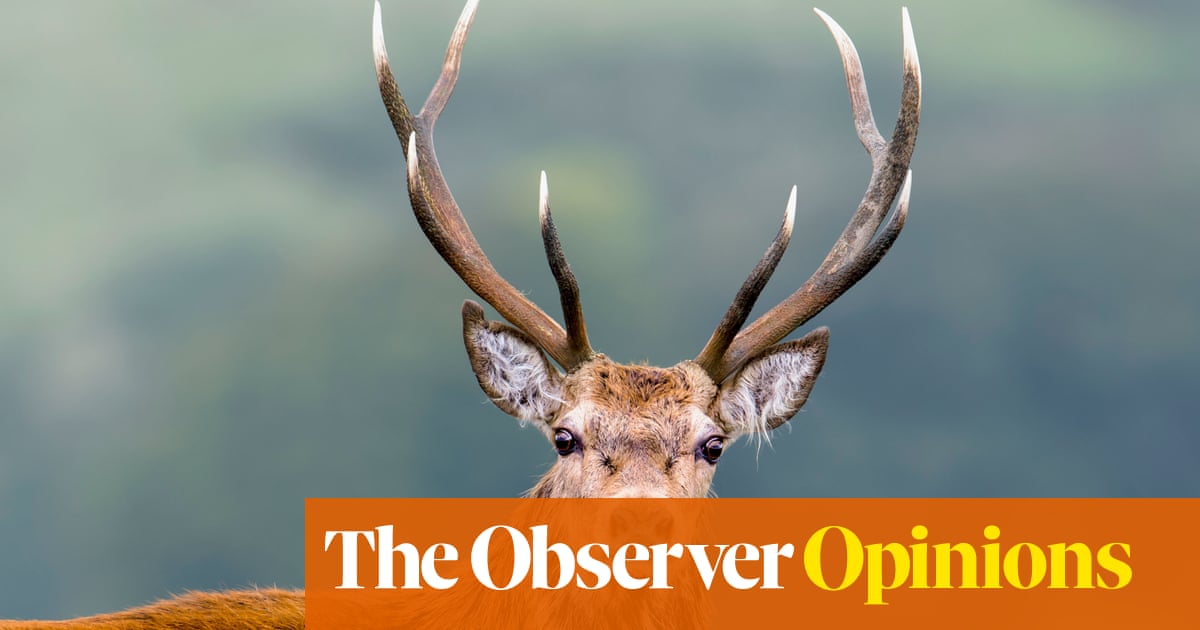
Anew US study from the University of California surveying 1,000 young people aged from 10 to 24, says that the majority of those aged between 13 and 24 want to see less sex on screen. Gen Z has become weary of shows such as Euphoria and The Idol. They’re bored with oversexualised storylines.
According to the study, gen Z is also tired of romance. Relentless love narratives. Friends getting together. “The One”. Love triangles. Meet-cutes. The endless cheerleading for coupledom as the zenith of on-screen human achievement.
Gen Z wants greater focus on asexual characters, platonic bonds and everyday friendships: what the UCLA study terms “nomance”. Poignantly, the study also nods to the “epidemic of loneliness”; the idea that, above all else, young people are yearning for simple human connection.
Looking around, I can see that the asexual/aromantic writing is on the wall. The Idol was canned after one series, despite risqué self-throttling scenes. The chaste gay love story Heartstopper has an asexual character, as does the final series of Sex Education. Elsewhere, Gabrielle Zevin’s bestselling novel, Tomorrow, and Tomorrow, and Tomorrow, featuring an asexual character, is about collaborative friendship that doesn’t segue into amorous territory.
Then there’s gen Z itself. The cohort renowned for being sex-hesitant, if not outright avoidant. The generation dubbed “puriteens”. All in stark contrast to the millennial ultra-sex-positive stance. Even generation X did our best to be sexy: crashing about those murky, oft-dubious (sex-first/sex-chaos) “different times”.
Now, with gen Z, It’s interesting to note how a group so motivated and articulate about defining itself in terms of sexuality and gender, is seemingly so disinclined to put it all into practice.
Should we be alarmed: is the human race going to die out, and will there be nothing left but tragic mountains of gen Z’s plaited friendship bracelets? Is this most over-examined of generations having us all on? In reality, they’re having such a wild old time they could just do with a break from on-screen sex. More seriously, what prompted what could be described as the Big Turn Off – this seeming wholesale sexual-romantic disengagement, both on-screen and in the real world?
The answer appears to lie in a perfect storm of contributory factors. Exhibit A: porn. Scary hardcore porn, spilling on to phones and devices from a very young age. Even more than millennials, gen Z has been immersed (marinated and pickled) in internet extremes. It doesn’t bear thinking about how many unsolicited “dick pics” young girls endure before they stumble out of teenage; but males are affected too, with past studies showing how youthful exposure to porn could lead to erectile dysfunction.
Perhaps gen Z’s well-documented aversion to alcohol plays a part. It got grim out there for past British generations (booze all too frequently serving as the nation’s foremost sexual anaesthetic), but alcohol was also a social facilitator; are gen Z’s matcha bubble teas up to the job?
Add to this: anxiety about sexual consent and boundaries. Disappointing or disturbing dating experiences (hook-ups; demands for a “pornified” menu of sex acts, including choking). Financial anxiety (student debt, no cash for socialising, living at home, lack of privacy). The state of the world (wars, climate crisis). General online toxicity: the lost hours spent online, not least on dating apps, tapping and swiping your libido into oblivion.
On top of all that came Covid: the pandemic intensifying and consolidating the sense of isolation and alienation. Did enforced social distancing morph into en masse romantic/sexual disconnect? It sounds too pat, though a 2021 Match.com study reported that 81% of single men found sex less of a priority than before the pandemic.
Does all of the above go some way to explaining why gen Z is where it is now? In a state of weaponised celibacy: on screen and off, a yearning for connection resulting in a mass embrace of the “nomance” ethos.
It’s important because there’s a sense of youth recalibrating. Traditionally, youth culture predominantly ran on sex and romance. (How many songs are there about friendship, or agreeable acquaintances?) Now what?
You could wonder whether it’s healthy. Raunchy novelist Jilly Cooper, 86, recently quipped that she has “forgotten” how to write sex scenes. But gen Z are young people in key life-building years. Are they wasting precious years of their youth? Could it turn into an eternal postponement of their sexual-romantic lives? A morbid online cocooning.
At the same time, maybe it’s admirable that gen Z isn’t falling for the same old guff: the ongoing marketing of nubile flesh; the cheesy hard sell of the “happy ever after”.
This could be a true rebellion, against a generational cocktail of cyber torpor, global breakdown and trauma porn. It could also be that older people like me are overreacting. And gen Z aren’t so much rejecting sex and romance; rather they are rejecting being romanticised, hypersexualised, fetishised (“Look at these horny young people living their best lives!”) and ultimately commercialised, then sold back to themselves as a commodity. Whatever ends up happening, to paraphrase the Gil Scott-Heron line, it’s highly probable the “nomance” revolution will be televised.
Barbara Ellen is an Observer columnist












